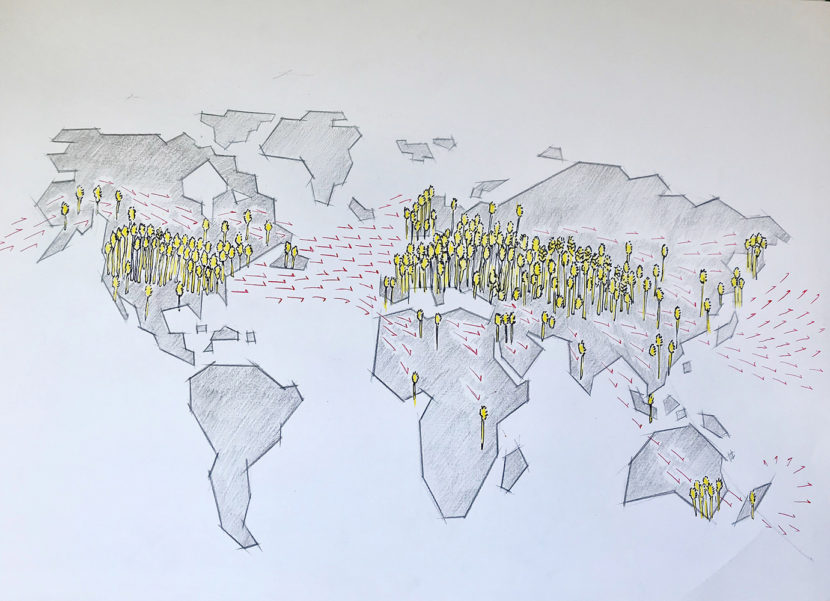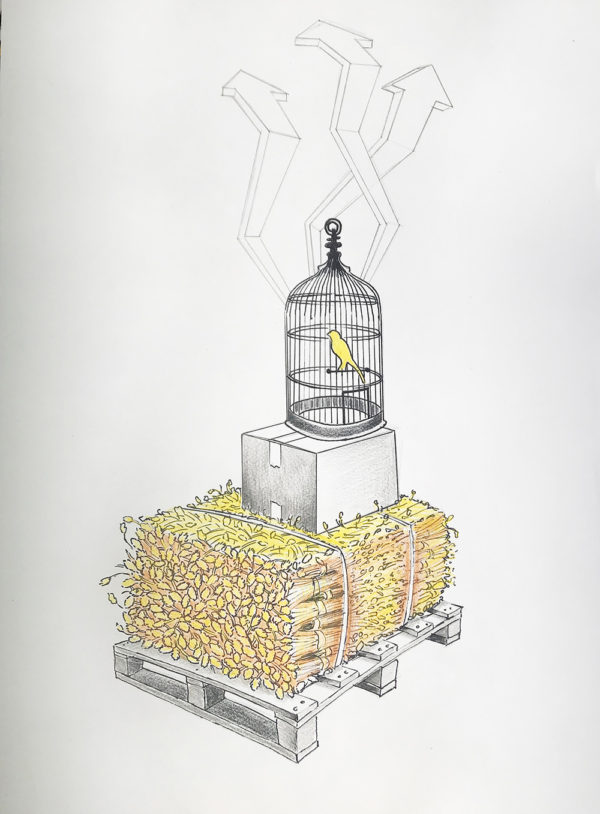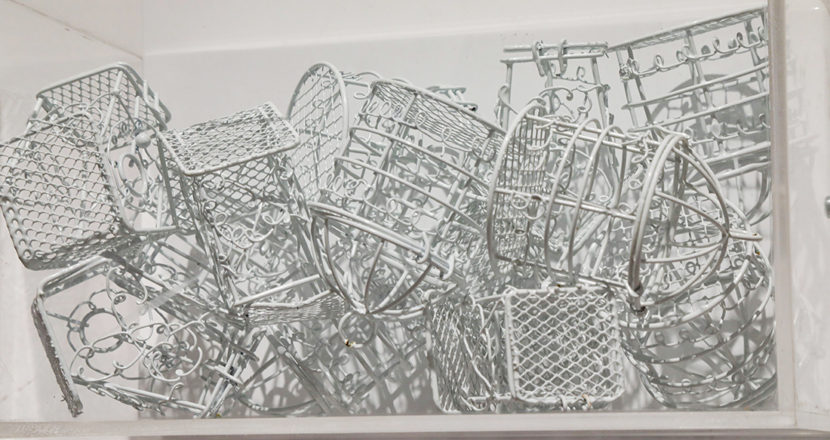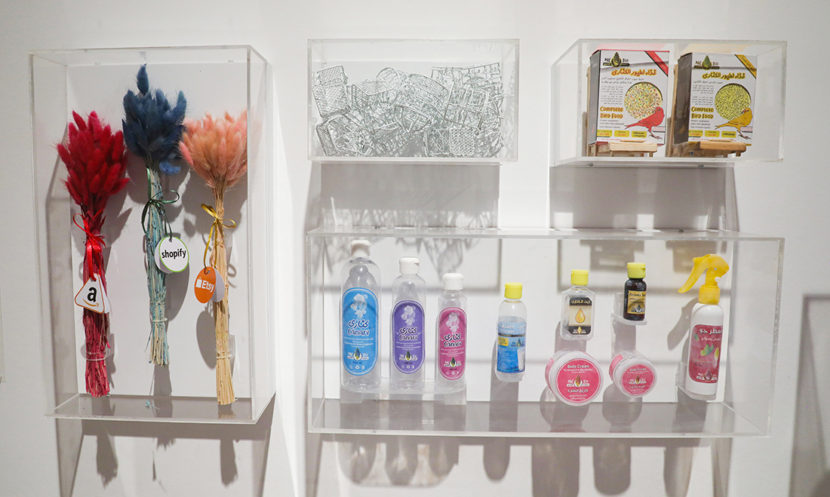Bio Canary
A Commodity of an Unclaimed Property
In the course of the successive monsoon extending from the Far West to Europe, to the Far East (Russia) to the Middle East (the Levant), the canary grass, or Phalaris canariensis, seeds flew in from the Canadian wilderness. They remained held in a streamlined air current until they landed all over Europe, continuing their journey to the Levant through the Mediterranean wind. This is how their dispersion map was drawn.
The fusion of nature and climate manifests on the hills and wilderness, especially when one accidentally passes by tufts of canary grass in the autumn as it sways with the gentle wind. This wonder led to picking some to decorate the home. Many people followed these footsteps in a contagion to love nature, and the picking became wasteful, then a violation, then a desertification when trading their lovely stems was allowed. Canary grass was reduced to a product, then a commodity, then a trade, then money and then finally wealth. It was subject to demand, competition, development and marketing. The plant, its seeds, and the bird that feeds on it—the canary with its sweet voice—are a complex commercial sequence.
A canary grass bouquet comprises the most beautiful dried plants on the market; a romantic commodity that pleases the taste of nature lovers who feel that they own part of the wilderness, reminding them of autumn harvests. They’re subject to development, creative competition on the methods of display and packaging, marketing, shipping and delivery.
It appears that this trade is based on looting nature; caging delightful singing birds; trading the golden weed; making money through the claim of pest control; developing the product via seed brand, packaging, marketing and labels; feeding and housing the canaries; etc.
Removing the canary from its natural habitat and taming it in a cage to enjoy its beauty might have required the looting of its food, canary grass seeds. The looting developed into a massive industry until the seeds were processed through competitive companies. These products are subject to many international standards to ensure the continuation of the canary market. Canaries will go on singing in cages with their food assured.
Canary grass was recorded in the global stock markets as a natural resource categorised as part of dried flower bouquets, canary food, diet pills, oils, medical products and nutritional supplements. There is a method of legitimising these products until they reach online stores, and the politics of dividing the processes. They either start by harvesting the product in Canada because of the amount of space available there before exporting the product to industrial countries with cheap labour (i.e. East Asian countries), or it’s harvested in Russia and then exported for manufacturing in East European countries. Just like Amazon, just like Etsy. There are other monopolised plants that are planted in The Netherlands and are sold in the UK, and they are only available in Atlas Online shopping store. This phenomenon is still escalating.
There are no complaints because the dispersion of seeds is faster than weed consumption. There is no obstacle because no one will defend this seed.
Muhammad Abusal
August – 2019
Artwork Description
The artwork is an artistic visual translation of the canary grass and its importance, as it’s a useful grass and not harmful, as was previously thought. I have suggested some products that highlight the benefits of the plant and created a simulation of saleable and usable products and packaging, creating a fictitious company named Bio Canary. I also drew the path of where the seed spreads on a world map, drawn from information collections and a number of temporary maps based on geographical information systems.
To get closer to the canary grass seed, I present it in its palm-sized detail, as if it were a harvested fruit, to indicate its ease of availability. In a separate illustration of the contradiction of our acceptance of weeds, we pass by and touch them, and we may collect them in a bouquet—until they surprise us in an advertisement and we realize that the weed is extremely popular. I prepared three packages of the grass purchased from electronics stores. Here lies the contradiction between what nature gives us and who profits from it.






